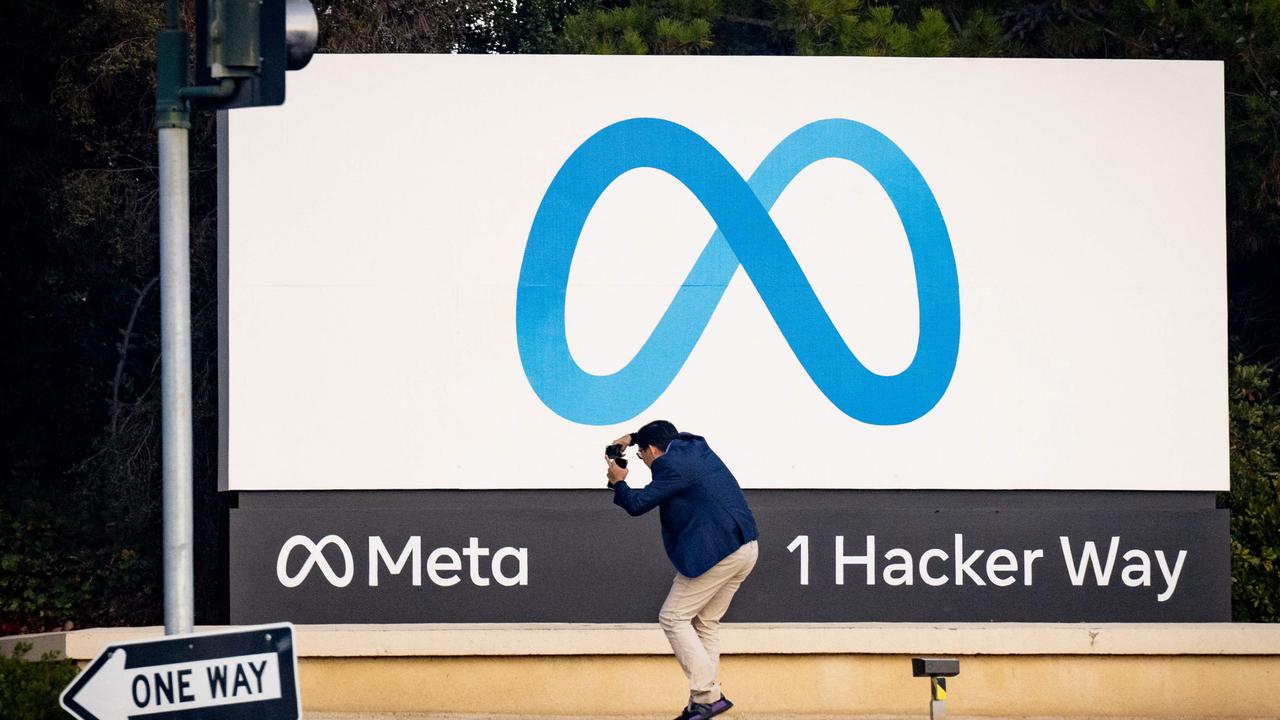Meta founder Mark Zuckerberg makes $10 billion in 24 hours after shares rocket by 23%
The social media founder slashed 11,000 jobs recently but cost cutting measures appear to have helped turn the company fortunes around.
Facebook founder Mark Zuckerberg made over $US10 billion in 24 hours after shares in its parent company Meta soared by 23 per cent — one of its best days on the stock market in nearly a decade.
After a tough start to 2022, Meta ended the year with $US32.1 billion in revenue – above Wall Street expectations of $US31.6 billion.
It was quite the turnaround for the social media giant after it reported a disastrous third quarter earnings – where it revealed that its profit had more than halved to $US4.4 billion from $9.2 billion a year earlier.
Facing stagnating user numbers and cuts in advertising budgets, the results showed that it had made $US4.8 billion less in that third quarter period than the year before and had Wall Street questioning Zuckerberg’s leadership.
It also saw 26 per cent slashed off the value of its shares in October.

In July last year, Meta also recorded its first revenue decline in history after it warned that Apple’s privacy change would see it take a staggering $10 billion hit in lost sales this year.
The company’s bounce back came after cost cutting measures were implemented – which saw 11,000 employees sacked – while Meta said it plans to buy $US40 billion worth of its own shares.
Analysts said Meta had made all the right moves by posting better than expected earnings with impressive advertising revenue results, slashing expenses and then announcing a massive share buyback plan.
“The solid result was driven by robust advertising revenue that comes with no surprise given that Facebook reached 2 billion users at the end of last year, an eye-watering number that will continue to attract advertising dollars, even if spending is slowing,” said Josh Gilbert, market analyst at investment company Etoro.
“Investors are looking for positive guidance from management as we head into a period of uncertainty. Meta’s quarter one revenue coming in above estimates will offer some relief after one of the worst years in the stock’s history.
“More confidence for investors will be in the $US40 billion share buyback, announced in the results that clearly indicates the company feels shares are undervalued.”

Despite the positivity, costs continue to be an issue for Meta, Mr Gilbert warned.
“Meta’s virtual reality push, Reality Labs, lost another $US4 billion in the quarter, taking its total loss to $US13.5 billion for the full year. These losses, amid other rising costs, are crushing its free cash flow, which fell by more than 60 per cent,” he explained.
“Zuckerberg has touted this will be the ‘year of efficiency’ for Meta. This will likely mean further cost cuts and could imply further lay-offs after its recent job cuts in November.
“But, Meta is serious about preserving margins saying 2023 expenses will be $US89-95 billion, that’s $US5 billion less than its previous estimate.”

Zuckerberg said the tech company has entered “phase change” after growing so quickly over nearly two decades.
“It’s very hard to really crank on efficiency while you’re growing. I just think we’re in a different environment now,” he noted.
“It really just makes sense to really focus on the efficiency a lot more than we had previously.”
Part of this pivot is “flattening” the organisation and removing layers of middle management to speed up decisions, while he is also merging artificial intelligence tools into work processes and Zuckerberg flagged cutting projects that weren’t performing.






